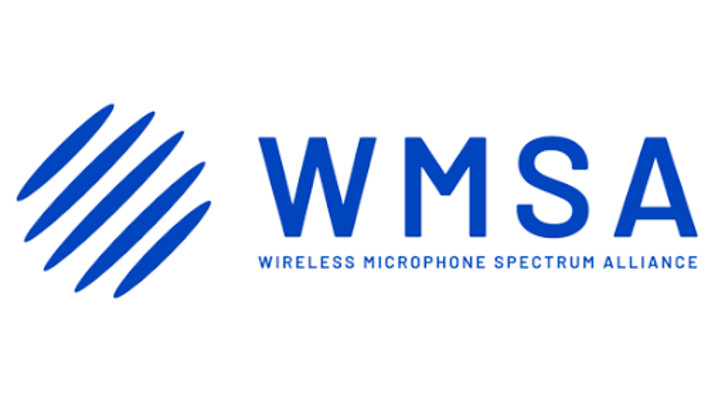The professional video industry's #1 source for news, trends and product and tech information. Sign up below.
You are now subscribed
Your newsletter sign-up was successful
Joseph B. Evans, the Deane E. Ackers Distinguished Professor of Electrical Engineering and Computer Science at the University of Kansas, is arguing that white space devices (WSDs) should be allowed on unused TV channels.
“I’d certainly recommend that policies do not block good technology,” Evans said. “I’ve become a believer that white space technology is feasible. I do believe it is fair and prudent that the engineering details be carefully worked through—we’re still some distance from being able to field those types of devices. But there is great opportunity for white space devices in the next five to 10 years.”
In January 2007, The University of Kansas released a study commissioned by the New America Foundation, a strong supporter of opening TV channels for WSDs. The report, “Quantifying the Impact of Unlicensed Devices on Digital TV Receivers”, was used by supporters of unlicensed WSDs to show that these devices would not cause interference to TV reception while the Association for Maximum Service Television and the National Association of Broadcasters pointed to results in the study that indicated interference to TV reception was a concern.
“The TV channel operators really don’t want their customers inconvenienced or bothered by Johnny-Come-Latelys in the spectrum regions,” Evans said last week in a news release. “If you’re a broadcaster and your customers suddenly are reporting that they’re not seeing their signal as well, that could end up in loss of revenue. They do have legitimate concerns to make sure that any new technology isn’t negatively affecting them. If technology comes along that can better serve the public, then we should enable those technologies to flourish. We can do that by carefully understating the science and the technology before making those policy decisions. That’s not to say there are important vested interests—broadcast TV remains an important part of our media landscape. But we need to allow for the possibility of evolution.”
Evans’ position is not at odds with broadcasters’ desire to protect their viewers from interference. NAB and MSTV have said they are not opposed to WSDs that are operated in a way that will not cause interference to TV reception, but oppose allowing devices into this spectrum without adequate safeguards. Licensing WSDs is one possibility. FCC testing has consistently shown sensing technology is not adequate. Geo-location in conjunction with a database may be sufficient, but concerns about interference from WSDs on adjacent channels also have to be addressed.
The professional video industry's #1 source for news, trends and product and tech information. Sign up below.

Doug Lung is one of America's foremost authorities on broadcast RF technology. As vice president of Broadcast Technology for NBCUniversal Local, H. Douglas Lung leads NBC and Telemundo-owned stations’ RF and transmission affairs, including microwave, radars, satellite uplinks, and FCC technical filings. Beginning his career in 1976 at KSCI in Los Angeles, Lung has nearly 50 years of experience in broadcast television engineering. Beginning in 1985, he led the engineering department for what was to become the Telemundo network and station group, assisting in the design, construction and installation of the company’s broadcast and cable facilities. Other projects include work on the launch of Hawaii’s first UHF TV station, the rollout and testing of the ATSC mobile-handheld standard, and software development related to the incentive auction TV spectrum repack. A longtime columnist for TV Technology, Doug is also a regular contributor to IEEE Broadcast Technology. He is the recipient of the 2023 NAB Television Engineering Award. He also received a Tech Leadership Award from TV Tech publisher Future plc in 2021 and is a member of the IEEE Broadcast Technology Society and the Society of Broadcast Engineers.
